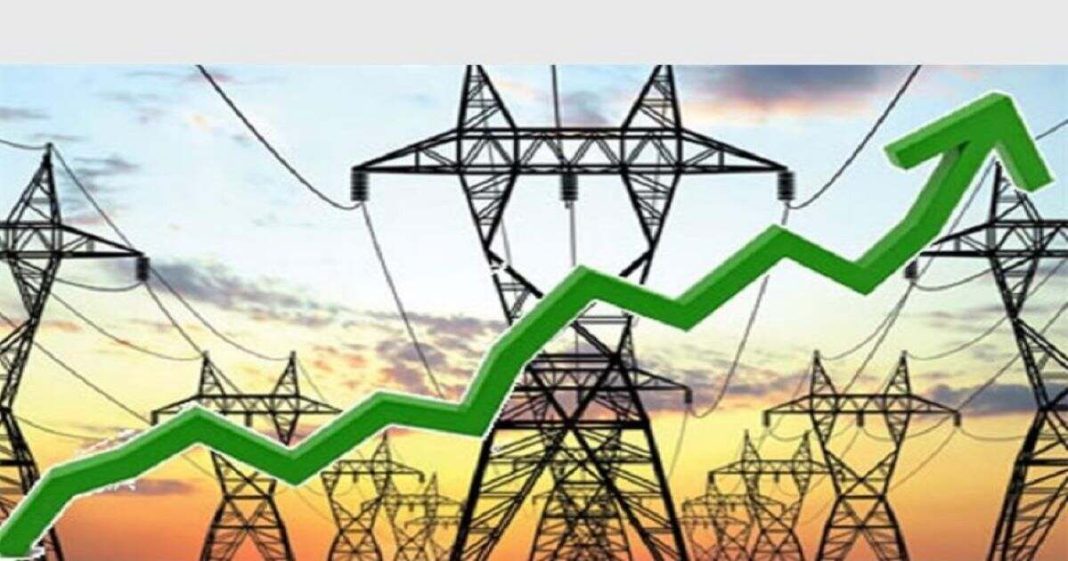Hints have turned into reality and NEPRA has approved federal government’s request to increase the uniform national tariff by Rs.7.91 which is to be applicated in three phases. It is a move towards fulfilling IMF conditions for granting the loan to Pakistan.
Prior to approval, NEPRA held a public hearing on July 20 as per government’s request. Within 48 hours, the request was fully approved without any amendment and an announcement was made, “The authority [Nepra] has approved the request of the federal government.” The Power Division will now issue notification to the Discos for prompt implementation.
Read more: NEPRA hints at increasing power tariff?
Moreover, it was said, “as per the request, the consumer-end tariff will be increased in three phases i.e. July, Aug-Sept and October onward.” Also, no increase has been proposed for lifeline (up to 100 units) and protected category of consumers (101-200 units per month), it added.
According to the Nepra release, the decision will be effective upon government notification. As a result, the current month’s average tariff increase will be Rs3.50 per unit, followed by another Rs3.50 per unit in August-September billing and the remaining 91 paise per unit in October. The rates would be imposed uniformly across the country, including K-Electric.
The Nepra revealed that it had already determined different consumer-end for each power distribution company (ex-Wapda Discos) on June 2 for this fiscal year under which “national average tariff is now Rs24.82 per kWh, higher by Rs7.91per kWh than the earlier determined national average tariff of Rs16.91/kWh”.
On the basis of this determination, the government sought approval for an uniform consumer-end tariff that included subsidies and surcharges for all ex-Wapda Discos and K-Electric.
To meet the additional burden of consumers with lower consumption, the tariff for some high-consumption residential consumers has been increased by Rs11 per unit. The approved rate under “tariff rebasing 2022-23” for consumers with a monthly consumption slab of 101-200 units and above is much higher than the uniform national average of Rs7.91 per unit increase.
Despite of immense cross-subsidization among numerous consumer slabs, the government would continue to provide Rs234 billion in subsidies, Rs220 billion for ex-Wapda distribution companies, and Rs14 billion for K-Electric to support the tariff rebasing costs of poor households.
The basic tariff hike comes on top of monthly fuel price increases, which have ranged from Rs6 to Rs8 per unit in recent months. The government has already cancelled a Rs5-per-unit subsidy introduced by former Prime Minister Imran Khan on February 28 with effect from June 8.
The tariff increase will create Rs893 billion in additional revenue in 2022-23 to fulfil the annual revenue demand of over Rs2.52 trillion for power firms, excluding KE, in addition to providing the government with more than Rs425 billion in general sales tax.
Pakistanis are facing great difficulties as the current government made tall claims of resolving the persistent issues of electricity. However, this measure would add to the already increasing financial burden on the people.














